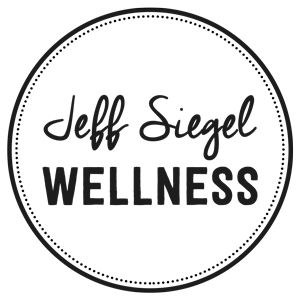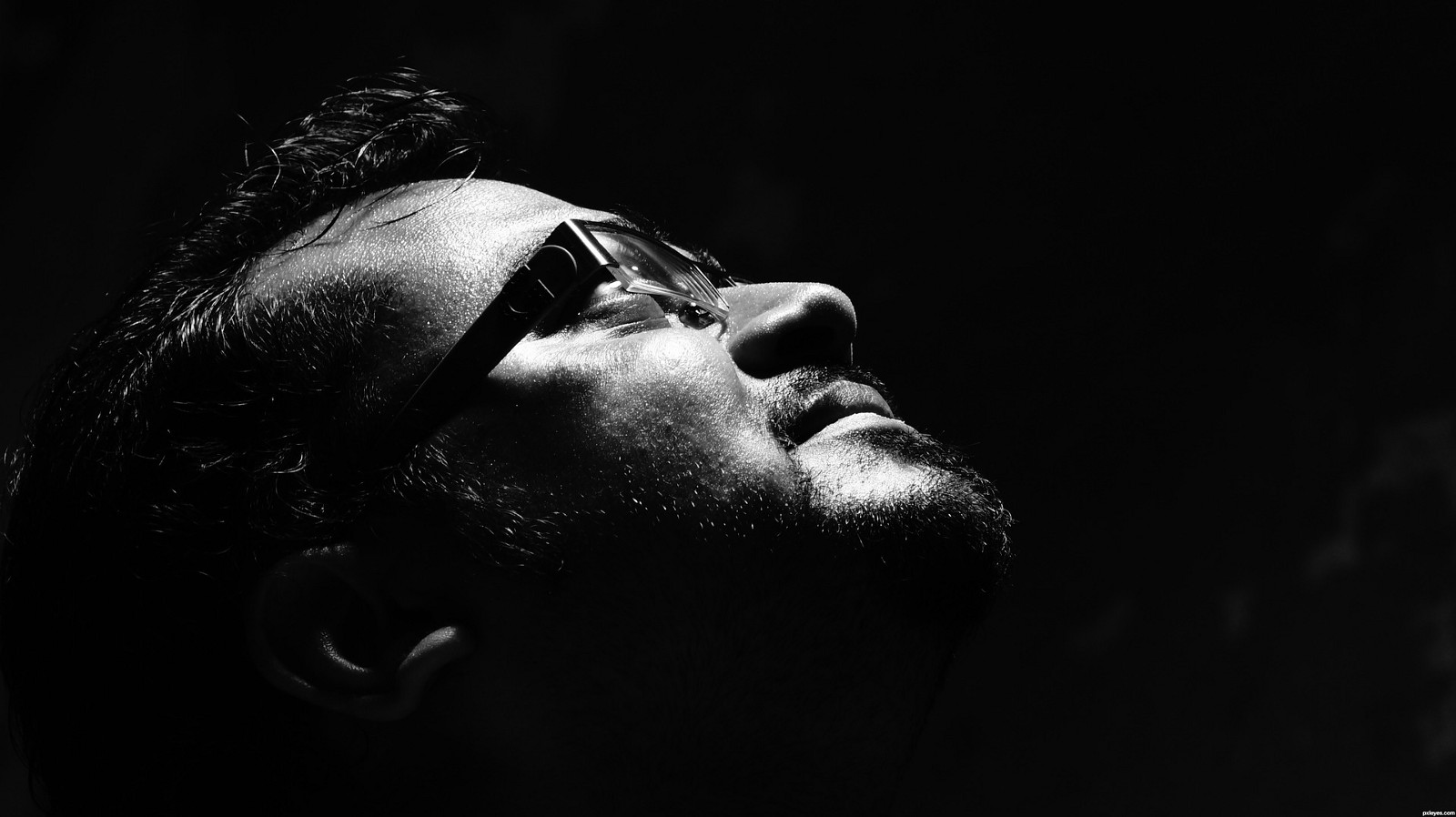Look up!
Yes, simply tilt your head back, shift your gaze upward, and notice what’s around you. Notice how you feel inside. Let a little sense of awe and wonder enter into this moment.
Get Your Head Out of Your Lap
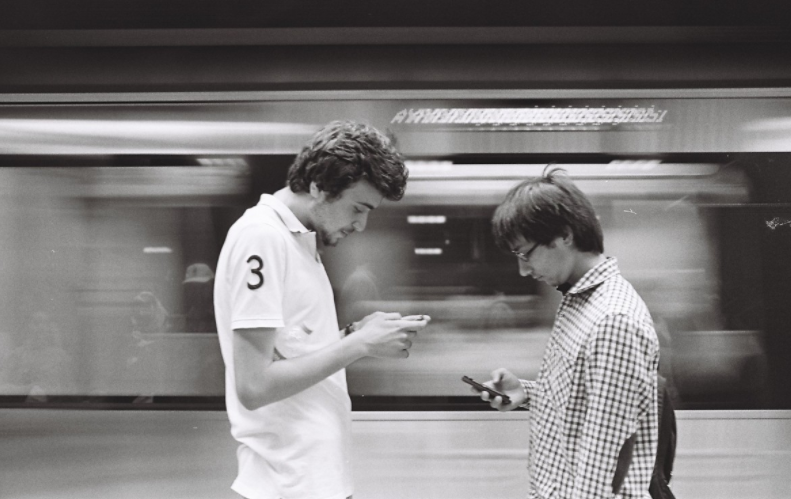
How much time do you spend looking down?
Probably a lot.
Good chance you’re doing it right now.
We look down at our phones and our computers. We look down while working, reading, and eating. We look down when we are walking, cooking, and getting dressed. The reality is that lots of daily activities involve shifting our gaze downward. Down is the default.
Unfortunately, the habit of looking down all the time may be unconsciously pulling us into a place of isolation and self-absorption. It’s time to shift our focus.
Down Narrows. Up Broadens.
When we look down, not only do we reinforce poor neck and head posture, our awareness typically narrows. Downward gaze helps us to focus on a single item or idea. This ability to zoom in is important for sure, but it is easy to get trapped in our own emotions, interests, or situation without seeing everything else that is going on.
In contrast, looking up broadens our awareness. When we are looking up, we are typically less preoccupied and more receptive to experience. It pulls us out of our myopic perception of the world and invites in perspectives we might not have considered.
Just consider activities that do involve looking up. Concerts, shows, and other events often have you look up at a screen or stage. While some of this may be out of necessity, the upward gaze makes the audience ready and willing to listen.
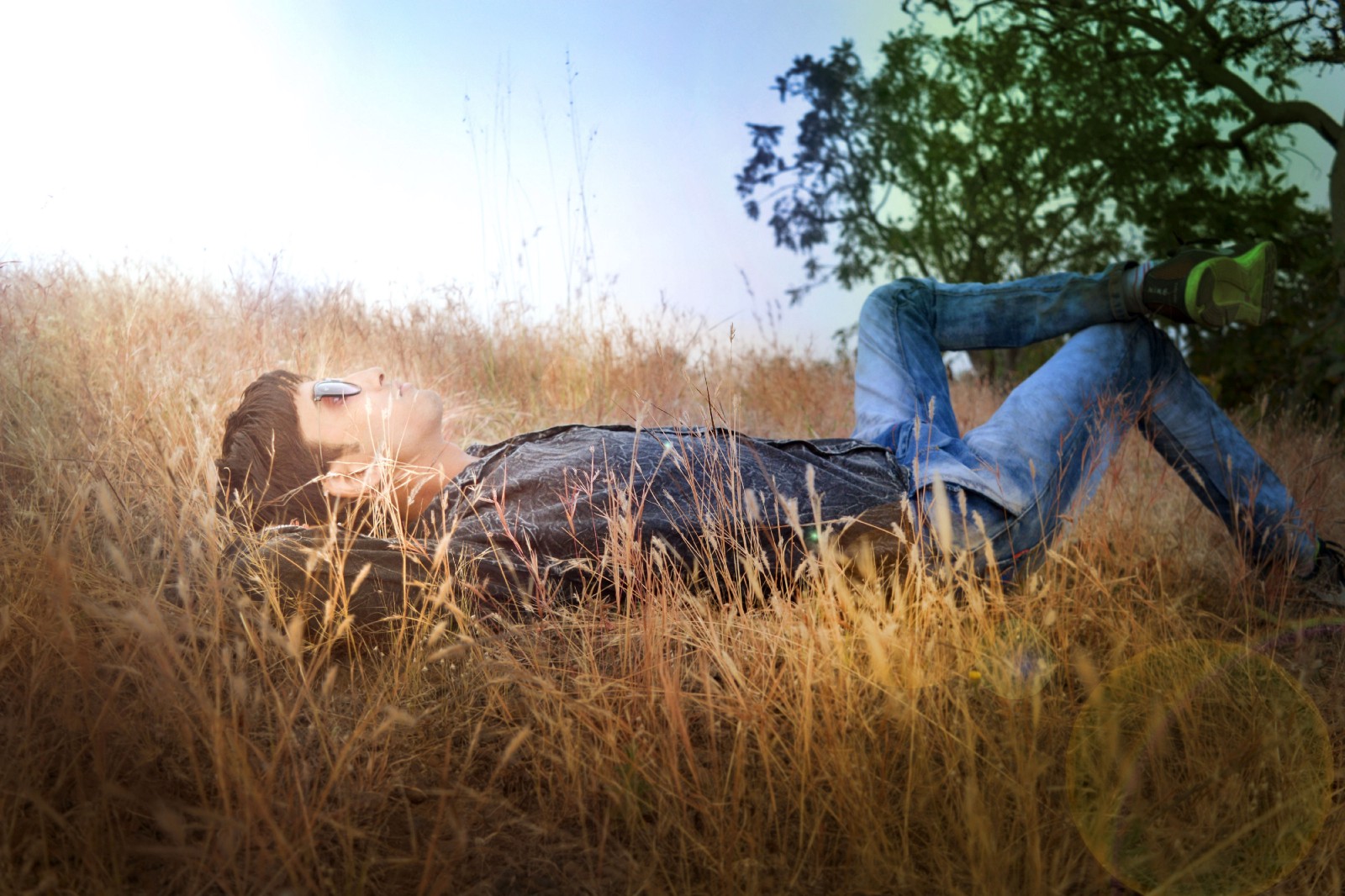
If you have been star gazing, bird watching, or just enjoying the sunset, you know that these activities can bring awe and intrigue. Consider that these feelings are not just due to what you’re witnessing, but the very act of tilting your head above the horizon is facilitating a shift in your perceptions.
Architects and artists also understand the power of upward eye gaze. Cathedrals, monuments, temples, and other houses of worship are designed to have you look up. By deliberately drawing your gaze upward, it invokes heavenly grandeur and pulls you into a place of reverence.
Kids Look Up. Adults Look Down.
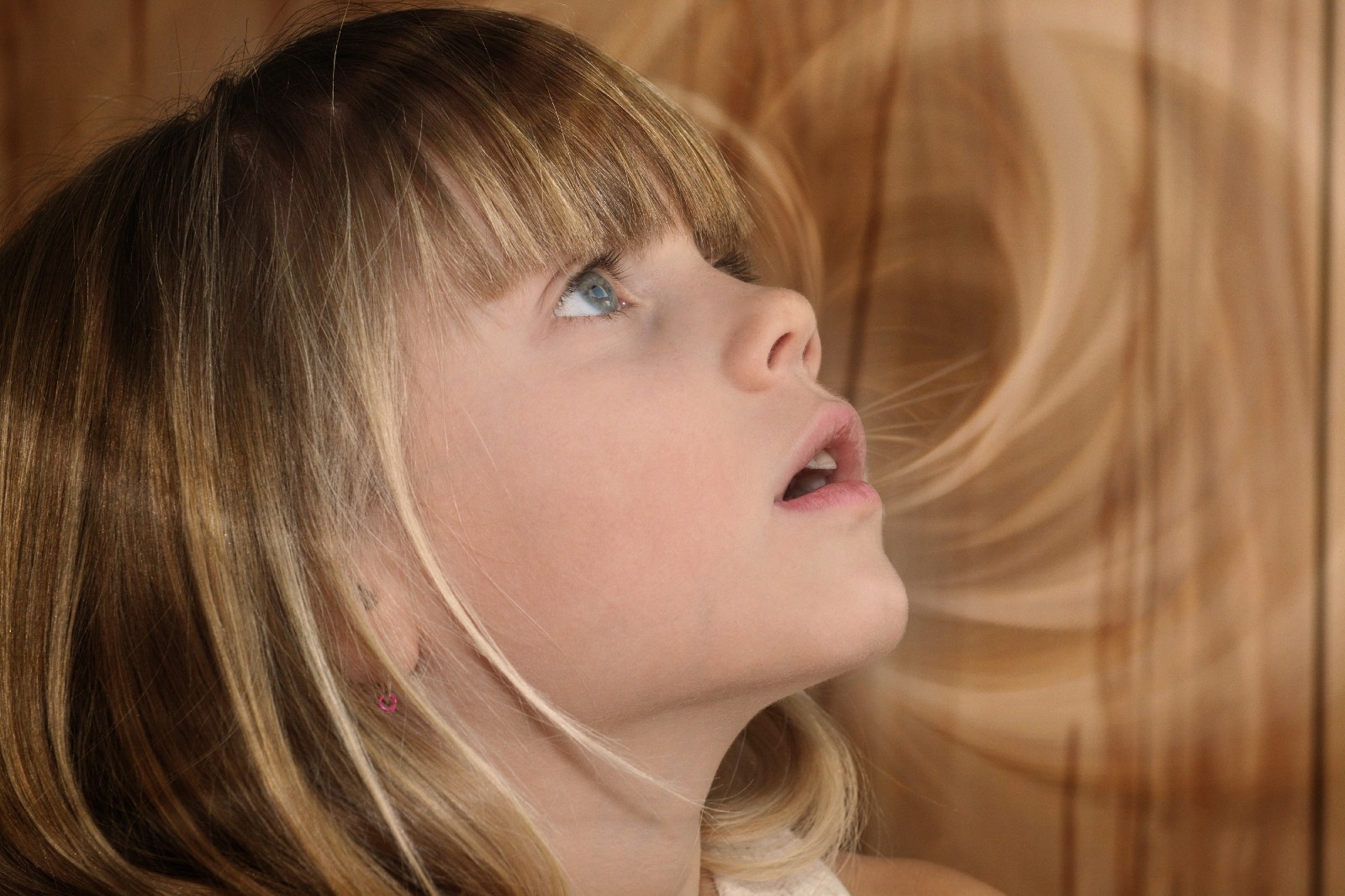
As little kids we spends far more time looking up than we do as adults. Of course, looking up is necessary for little people to navigate their way around an adult-sized world. But looking up is also symbolic of a willingness to learn. When we look up, it is often a sign of curiosity and leads to discovering something we haven’t already seen.
As we grow up, we spend more and more time with our heads tilted down. The world is no longer as new and exciting. We’ve been here, seen this, done that. We lose that wide-eye engagement with our surroundings. We become more closed to possibility and preoccupied with our own little concerns.
Language, Conversation, & Posture
Have you ever felt sad? We all have.
The body language of sadness is usually expressed by looking down and pulling yourself inward into a fetal position. You’re not only looking down, you’re feeling down too.
What about when you’re filled with energy and optimism? Things are looking up as they say. There’s a good chance you’re looking up too. Head held high, chin up, neck long. Even Tupac recognized the power of tilting your head up when he rapped, “Please don’t cry, dry your eyes…girl, keep your head up.”
These linguistic analogies are reinforced when we use the language, “Looking up to” vs “Looking down on.” Looking down on someone is a pejorative term. It is condescending. In contrast, looking up to someone is a term of respect. We look up to people whom we admire and value.
Moreover, our gaze plays a crucial role in conversation. As the Psychology Today article The Secrets of Eye Contact, Revealed states, “Looking at another person is a way of getting feedback on particular points. It is also used as a synchronizing signal. People tend to look up at the end of utterances: This gives them feedback and hands over the conversational baton.” We look up when we want to hear what someone else has to say. It opens us to conversation. In contrast, looking down typically signals to leave us alone. We’re not interested in participating.
Practice Looking Up Throughout Your Day
There are endless opportunities to try this super simple life hack. Whenever you notice yourself caught in a prolonged period of downward gaze, pause and tilt your head up.
If you’re in a space with others, look up, smile and make eye contact with someone.
If you’re outside, look up and admire a tree or the sky.
If you’re in a building, look up and appreciate the architecture and materials in the ceiling.
This is especially effective if you’re feeling preoccupied, anxious, or alone. Looking up can help you realize the world is much bigger than whatever little problem you’re currently facing. It can help invite a larger perspective into your awareness. This subtle shift towards a more receptive and open mindset can create a chance to engage the world a new terms.
I’m Jeff Siegel, a wellness coach and mindfulness teacher, helping people upgrade their habits and improve their health. For free bi-monthly wisdom on how to eat, move, and be healthier, sign-up for my newsletter. If you’d like to explore working together, you can schedule a private 30-min consultation call with me.
